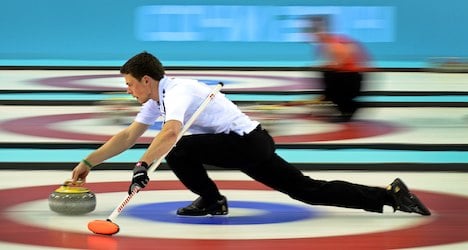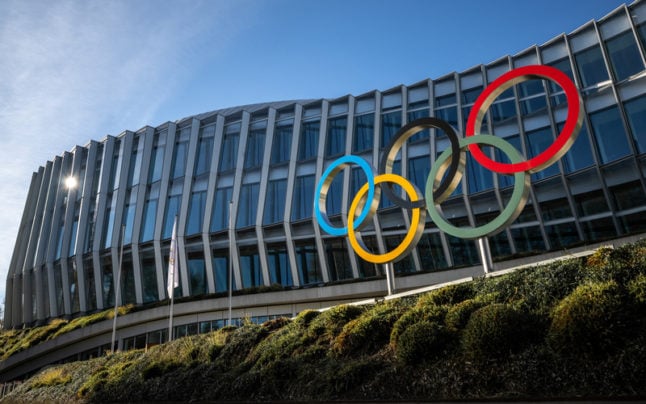Canada's last Olympic defeat came eight years ago against Italy at the 2006 Turin Games.
Earlier in the day, the Canadians romped to a 11-8 win against Germany in their Sochi opener while Switzerland, skipped by Sven Michel, lost 7-5 to Sweden.
The Swiss win against Canada marked a highlight for Switzerland Monday, a day after after cross country skier Dario Cologna won the country's first gold medal.
Cologna, who has battled back from ankle ligament surgery, outpaced the field to finish first in the 30-kilometre skiathlon, 0.4 seconds ahead of defending champion Marcus Hellner, of Sweden..
The native of Graubünden won a gold medal in the 15-kilometre freestyle at the Vancouver Olympics in 2010.
But Cologna said Sunday's gold medal was his biggest victory so far.
"I said I hoped to be at my best again before the end of the Olympics but it can't be better than this."



 Please whitelist us to continue reading.
Please whitelist us to continue reading.
Member comments